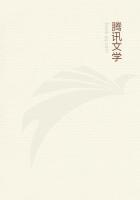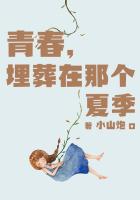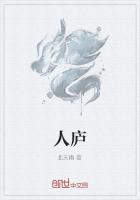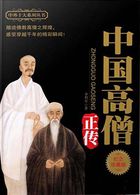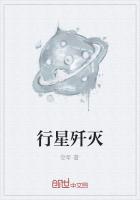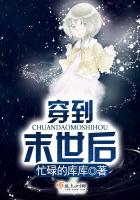2. Words, in their immediate signification, are the sensible signs of his ideas who uses them. The use men have of these marks being either to record their own thoughts, for the assistance of their own memory or, as it were, to bring out their ideas, and lay them before the view of others: words, in their primary or immediate signification, stand for nothing but the ideas in the mind of him that uses them, how imperfectly soever or carelessly those ideas are collected from the things which they are supposed to represent. When a man speaks to another, it is that he may be understood: and the end of speech is, that those sounds, as marks, may make known his ideas to the hearer. That then which words are the marks of are the ideas of the speaker: nor can any one apply them as marks, immediately, to anything else but the ideas that he himself hath: for this would be to make them signs of his own conceptions, and yet apply them to other ideas; which would be to make them signs and not signs of his ideas at the same time, and so in effect to have no signification at all. Words being voluntary signs, they cannot be voluntary signs imposed by him on things he knows not. That would be to make them signs of nothing, sounds without signification. A man cannot make his words the signs either of qualities in things, or of conceptions in the mind of another, whereof he has none in his own. Till he has some ideas of his own, he cannot suppose them to correspond with the conceptions of another man; nor can he use any signs for them of another man; nor can he use any signs for them: for thus they would be the signs of he knows not what, which is in truth to be the signs of nothing. But when he represents to himself other men's ideas by some of his own, if he consent to give them the same names that other men do, it is still to his own ideas; to ideas that he has, and not to ideas that he has not.
3. Examples of this. This is so necessary in the use of language, that in this respect the knowing and the ignorant, the learned and the unlearned, use the words they speak (with any meaning) all alike.
They, in every man's mouth, stand for the ideas he has, and which he would express by them. A child having taken notice of nothing in the metal he hears called gold, but the bright shining yellow colour, he applies the word gold only to his own idea of that colour, and nothing else; and therefore calls the same colour in a peacock's tail gold.
Another that hath better observed, adds to shining yellow great weight: and then the sound gold, when he uses it, stands for a complex idea of a shining yellow and a very weighty substance. Another adds to those qualities fusibility: and then the word gold signifies to him a body, bright, yellow, fusible, and very heavy. Another adds malleability. Each of these uses equally the word gold, when they have occasion to express the idea which they have applied it to: but it is evident that each can apply it only to his own idea; nor can he make it stand as a sign of such a complex idea as he has not.
4. Words are often secretly referred first to the ideas supposed to be in other men's minds. But though words, as they are used by men, can properly and immediately signify nothing but the ideas that are in the mind of the speaker; yet they in their thoughts give them a secret reference to two other things.
First, They suppose their words to be marks of the ideas in the minds also of other men, with whom they communicate: for else they should talk in vain, and could not be understood, if the sounds they applied to one idea were such as by the hearer were applied to another, which is to speak two languages. But in this men stand not usually to examine, whether the idea they, and those they discourse with have in their minds be the same: but think it enough that they use the word, as they imagine, in the common acceptation of that language; in which they suppose that the idea they make it a sign of is precisely the same to which the understanding men of that country apply that name.
5. To the reality of things. Secondly, Because men would not be thought to talk barely of their own imagination, but of things as really they are; therefore they often suppose the words to stand also for the reality of things. But this relating more particularly to substances and their names, as perhaps the former does to simple ideas and modes, we shall speak of these two different ways of applying words more at large, when we come to treat of the names of mixed modes and substances in particular: though give me leave here to say, that it is a perverting the use of words, and brings unavoidable obscurity and confusion into whenever we make them stand for anything but those ideas we have in our own minds.
6. Words by use readily excite ideas of their objects. Concerning words, also, it is further to be considered:
First, that they being immediately the signs of men's ideas, and by that means the instruments whereby men communicate their conceptions, and express to one another those thoughts and imaginations they have within their own their own breasts; there comes, by constant use, to be such a connexion between certain sounds and the ideas they stand for, that the names heard, almost as readily excite certain ideas as if the objects themselves, which are apt to produce them, did actually affect the senses. Which is manifestly so in all obvious sensible qualities, and in all substances that frequently and familiarly occur to us.

